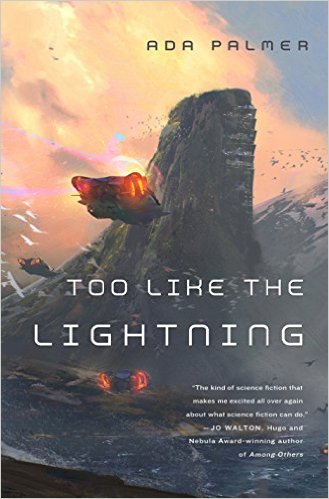The 2016 Blizzard Challenge
The Blizzard Challenge needs you!
Every year since 2005, an ad hoc group of speech technology researchers has held a "Blizzard Challenge", under the aegis of the Speech Synthesis Special Interest Group (SYNSIG) of the International Speech Communication Association.
The general idea is simple: Competitors take a released speech database, build a synthetic voice from the data and synthesize a prescribed set of test sentences. The sentences from each synthesizer are then evaluated through listening tests.
Why "Blizzard"? Because the early competitions used the CMU ARCTIC datasets, which began with a set of sentences read from James Oliver Curwood's novel Flower of the North.
Anyhow, if you have an hour of your time to donate towards making speech synthesis better, sign up and be a listener!



